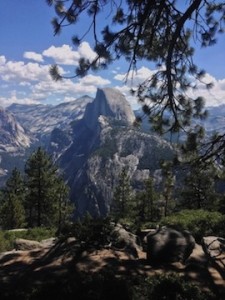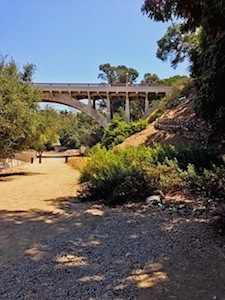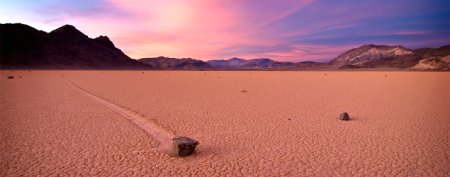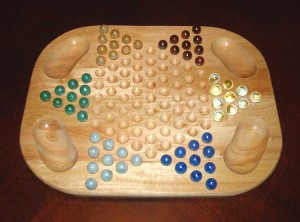 Is your limited English standing in your way? Do you want to improve your English now?
Is your limited English standing in your way? Do you want to improve your English now?
Learn English even faster with the help of the Learning Guide. In it, you’ll get more vocabulary, language explanations, sample sentences, comprehension questions, cultural notes, and more.
Get the Learning Guide and support ESL Podcast today by becoming a Basic or Premium Member!
………
ON MONDAY
ESL Podcast 1042 – Being Diagnosed With and Treated For Cancer
In the Learning Guide: Get a full transcript (written version of every word you hear), vocabulary list and sample sentences, and comprehension questions.
In “What Else Does it Mean,” learn the other meanings of “lump” and “to face facts.”
In the “Culture Note,” learn about “The Great American Smokeout.”
“The ‘Great American Smokeout’ is an ‘annual’ (once a year) event organized by…” – READ MORE in the Learning Guide
…
ON WEDNESDAY
English Cafe 472
Topics: Movies – Amadeus; The Adelsverein; neither and nor: earworm; badass
In the Learning Guide: Get a full transcript (written version of every word you hear).
In “What Insiders Know,” you will read about “The Boston Pops Orchestra.”
“The Boston Pops Orchestra was created to ‘specialize in’ (concentrate on) playing…” – READ MORE in the Learning Guide
…
ON FRIDAY
ESL Podcast 1043 – TV Shows Being Renewed and Cancelled
In the Learning Guide: Get a full transcript (written version of every word you hear), vocabulary list and sample sentences, and comprehension questions.
In “What Else Does it Mean,” learn the other meanings of “ratings” and “to get the ax.”
In the “Culture Note,” learn about “The Longest-Running American TV Shows.”
“Most TV shows have a short ‘lifespan’ (the amount of time that something exists)…” – READ MORE in the Learning Guide





